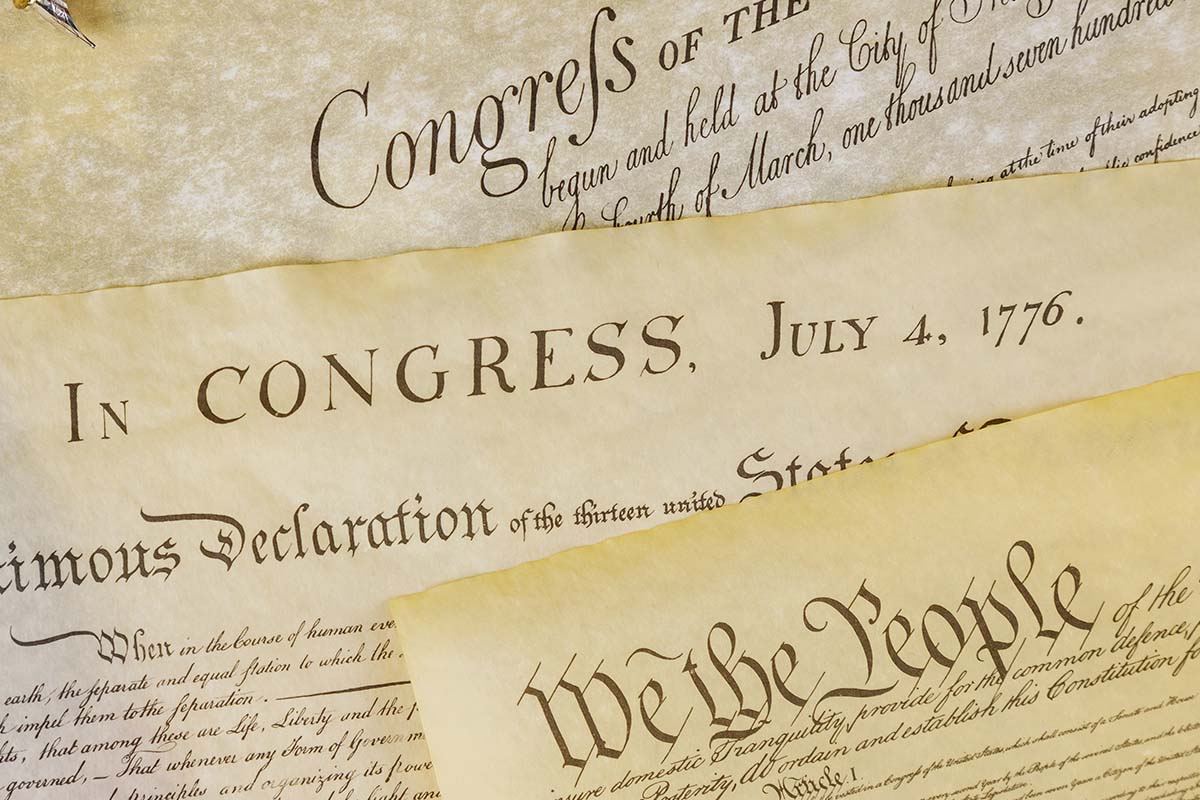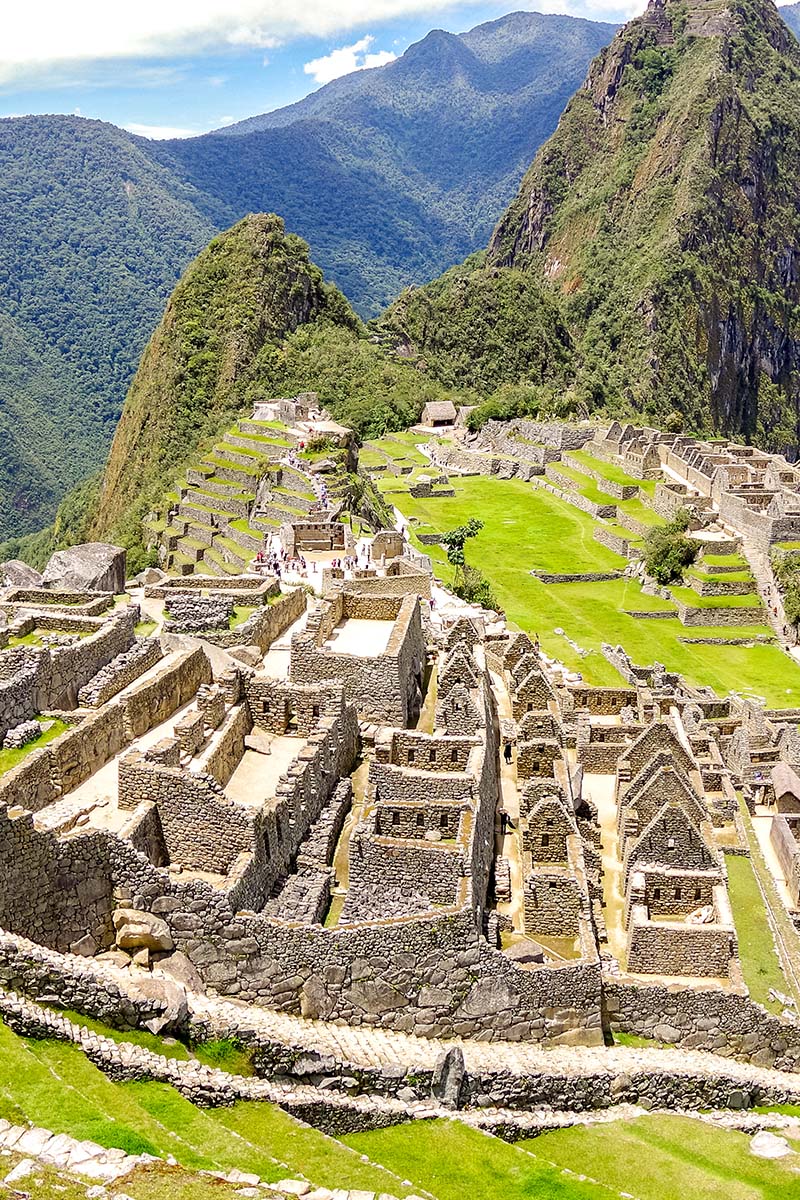Degree Type: Associate of Arts Degree, AA
Pathway: Arts, Humanities and Social Sciences
Curious about how the past shapes the present? At Pikes Peak State College, our expert faculty bring real-world experience to the classroom, helping you develop essential skills in writing, research, and source analysis. With personalized support tailored to your needs, we ensure you succeed academically and are well-prepared to transfer to top four-year universities in Colorado. Our Associate of Arts (AA) degree in History is your pathway to advanced studies and a wide range of rewarding careers.


Want to find out if this program is for you? Explore potential careers on the web at America's Career InfoNet or the Bureau of Labor Statistics.
The Associate of Arts (AA) degree with designation in History includes courses that are common to all four-year institutions in Colorado and will prepare you for continued study at a four-year college/university in pursuit of a Bachelor of Arts (BA) degree in History.
The Degree with Designation is designed for transfer to another college or university as a step toward a bachelor’s degree. For more information on transferring after PPSC, visit our transfer webpage or meet with your advisor.

Voices of PPSC
Teaching at Pikes Peak State College is a privilege. Every day in the classroom is a new challenge. Seeing our students succeed and thrive here and then at four-year colleges and universities is immensely rewarding.
Wayne Artis
Professor of History
Do you ever wonder how governments work and why they make their choices? With PPSC’s Political Science program, you’ll learn about the ideas, systems, and institutions that shape our world. Our program is designed to help you specialize in areas like U.S. politics, comparative government, or global organizations.
Explore Political ScienceWhen you choose the Humanities program, you get an education that can lead to many different careers. You’ll study history, literature, philosophy, culture, and the arts. Along the way, you’ll build strong skills that are useful in any job including writing, communication, and critical thinking.
Explore Humanities